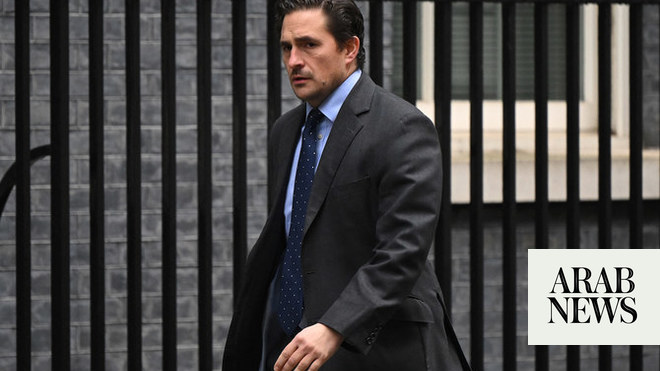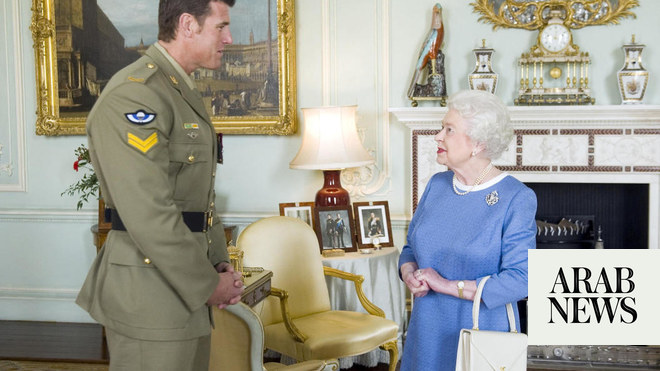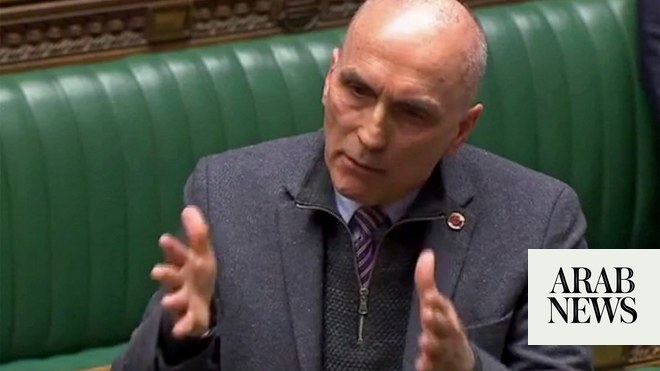
Johnny Mercer no longer faces the threat of jail for refusing to cooperate with a public inquiry examining allegations of unlawful killings by the SAS in Afghanistan, after its presiding judge said he would back down for now.
The former Conservative MP and minister had repeatedly refused to provide the names of two military sources in confidence to the inquiry judge, Charles Haddon-Cave, and had a final deadline of 4pm on Thursday to comply.
Moments after the deadline passed, a spokesperson for the public inquiry said Mercer “has provided further information” and had “agreed to assist further”, prompting the judge to lift the threat of jail “for the time being”.
Failure to assist a public inquiry after a formal request for evidence – as demanded of Mercer – is a criminal offence, carrying a maximum penalty of 51 weeks’ imprisonment and/or a fine of £1,000.
Mercer said he had not handed over the names of his two sources and would not do so, meaning the standoff with the judge was not necessarily resolved.
“I note the judge’s comments,” Mercer said initially. “My position remains unchanged from the beginning of the year. I will always do all I can to assist this important inquiry. I will not betray those I served with who have confided in me, whatever the cost.”
Shortly afterwards, he clarified his statement to make clear he had not supplied the names sought. “As I have repeatedly stated, it remains entirely inappropriate to name those who confided in me without their consent. For the avoidance of doubt: I have not and I will not.”
In February the former veterans minister gave oral evidence to the inquiry, which is examining allegations that 80 Afghan civilians may have been murdered by the SAS between 2010 and 2013. Some are said to have been killed while they were sleeping.
He ran into difficulties after refusing to name two sources, despite repeated requests to do so by Haddon-Cave. Mercer said the sources had told him in 2017 that allegations about SAS misconduct should be taken seriously.
One was described as a senior officer who had warned him about the scale of a military police investigation into the SAS that was under way at the time.
The second was a former SAS member who said he had been asked to carry a “dropped weapon” to be placed next to a dead Afghan to give the false impression that the British soldiers had come under attack and that the soldiers had killed the victims in self-defence.
Haddon-Cave said Mercer did not have to name the two individuals publicly, and asked him to write them down on a piece of paper or share them in confidence. The second soldier, he stressed, “could be in possession of critical evidence” about how the SAS operated in Afghanistan.
The inquiry judge appealed to Mercer to display the “moral courage to do what is right, even when it may not be popular”.
Mercer said he would not comply with judge’s order and accused the judge of trying to “assassinate my character”, behaviour that he said “crosses a line”.
The case raises the question of whether MPs have a right to protect their sources from future disclosure. Earlier this month, Protect, an organisation that represents whistleblowers, said there was no public interest in trying to jail an MP and said it could have a chilling effect on others coming forward, particularly from the military, where there are few public protections for those seeking to speak out.












